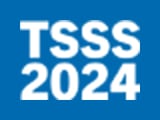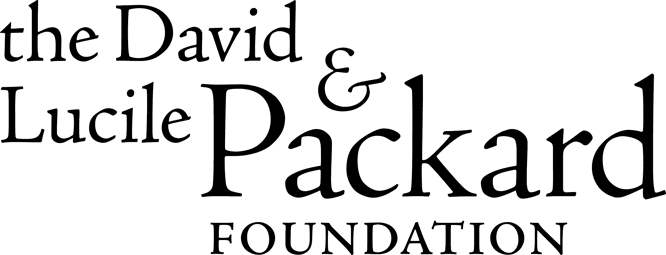

- TOP
- ABOUT TSSS
ABOUT TSSS
The Tokyo Sustainable Seafood Summit (TSSS) is one of the largest sustainable seafood events in Asia, held annually since 2015.
Based on a theme focusing on the pursuit of environmental sustainability and social responsibility to realize a sustainable seafood industry, front-runners from diverse organizations, including experts, companies, and NGOs in the fields of seafood-related business, fishery resource management, blue finance, and fishery policy, both domestic and international, share their latest knowledge. Participants continue to be inspired by the encounters at TSSS, which have led to a number of joint projects among many organizations.
In 2021, TSSS changed its role and name from a symposium to a summit, and began the challenge of further accelerating the sustainable seafood movement.
Finally, in 2024, the TSSS will be held for the 10th time.
Toward a sustainable and abundant ocean.
We will continue to develop the TSSS as a powerful stage for designing a sustainable seafood industry together with everyone.

Participant Demographics
-
Number of Visitors
A total of 941 people attended over the three days from October 8th to 10th.
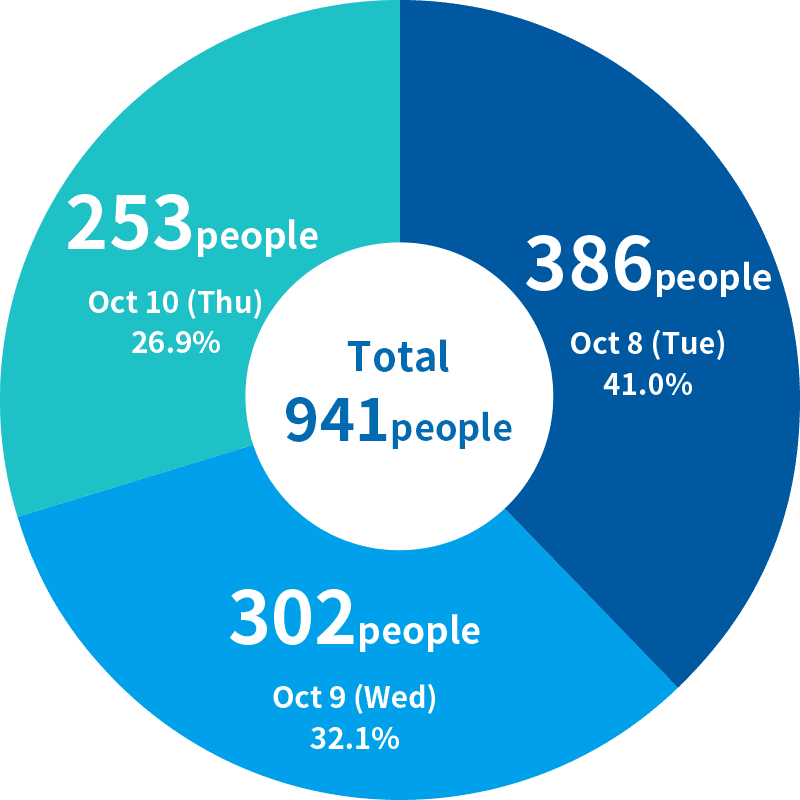
-
Industry
Not only people from the seafood industry but also from various fields such as government, IT, and financial industries participated.
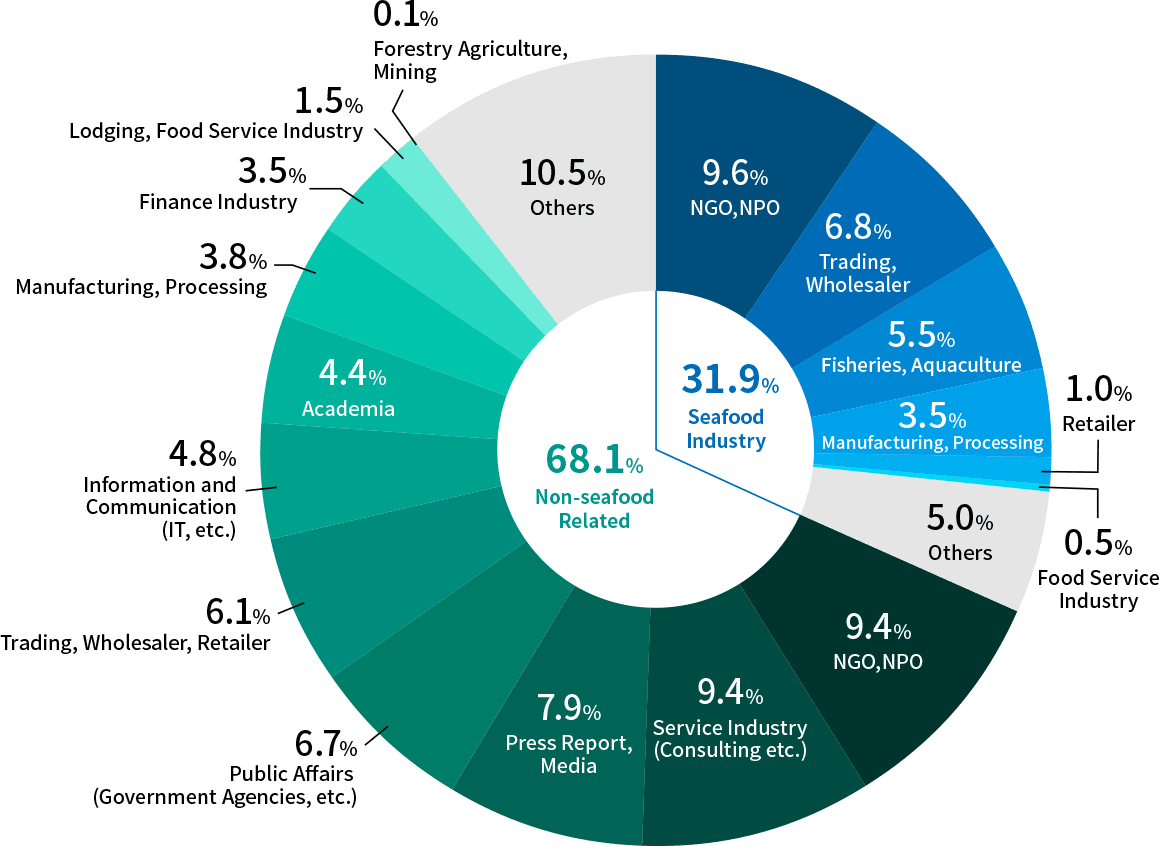
-
Position
Half of the attendees were executives or manager positions.
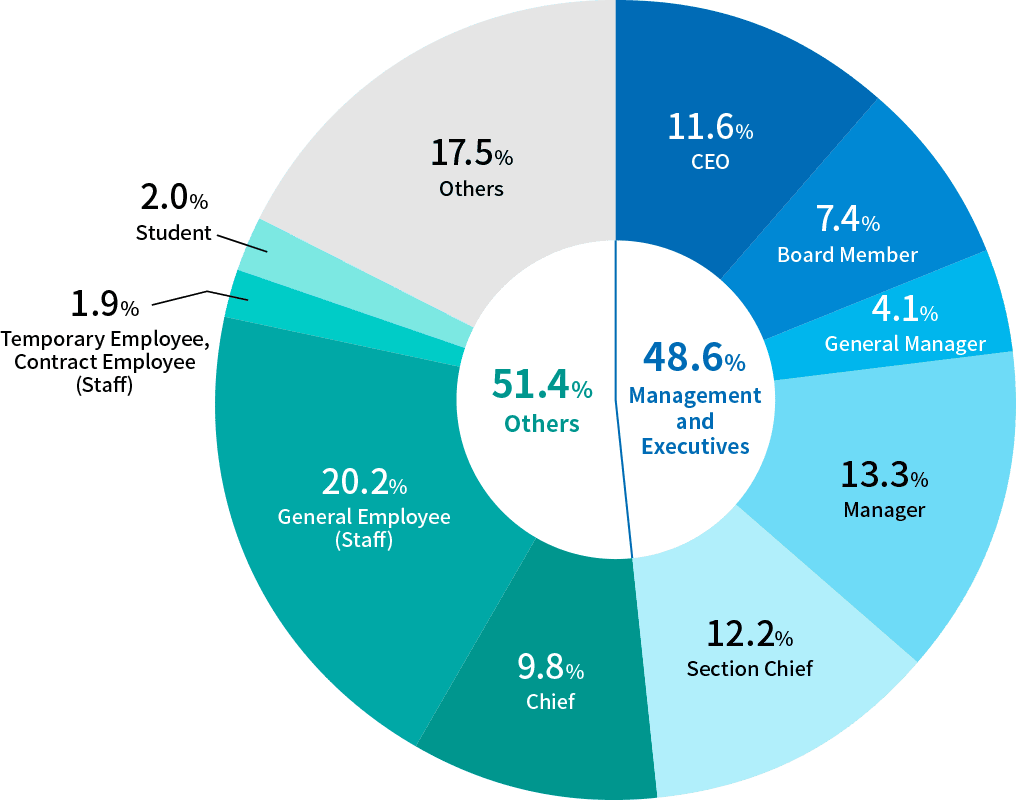
-
Country/Region
We have many attendees from Japan and other Asian countries, as well as a wide range of participants from the U.S., Europe, etc.
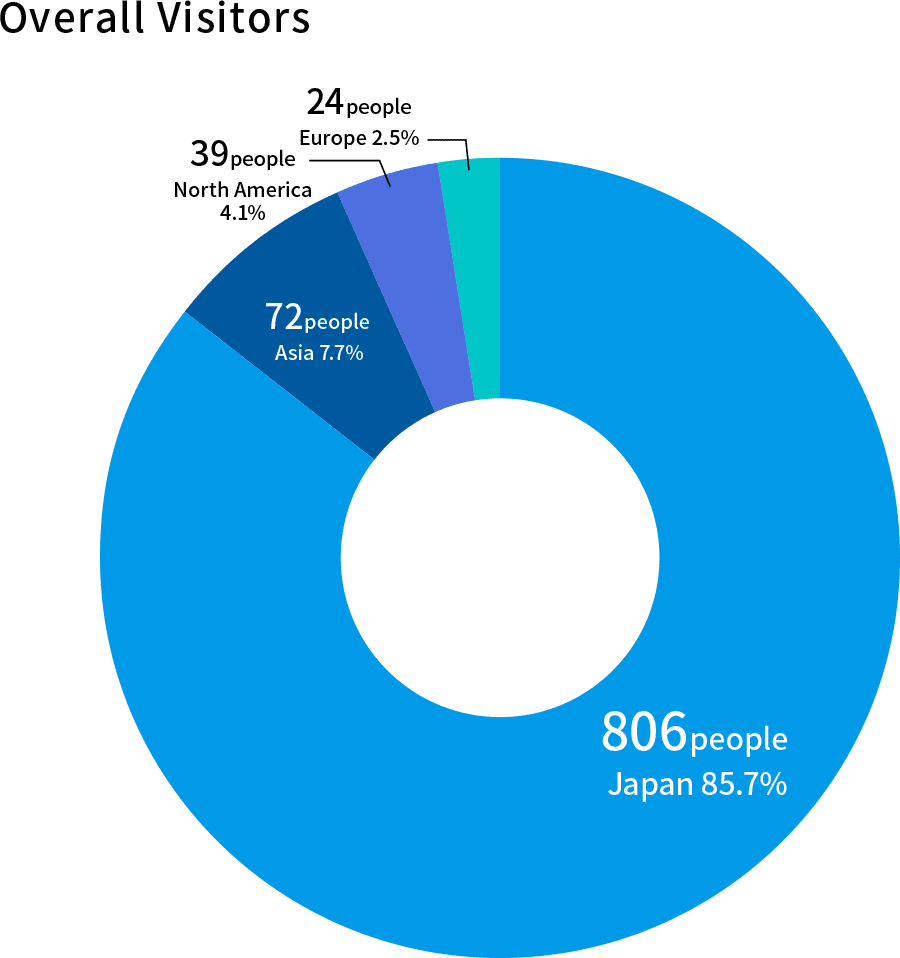
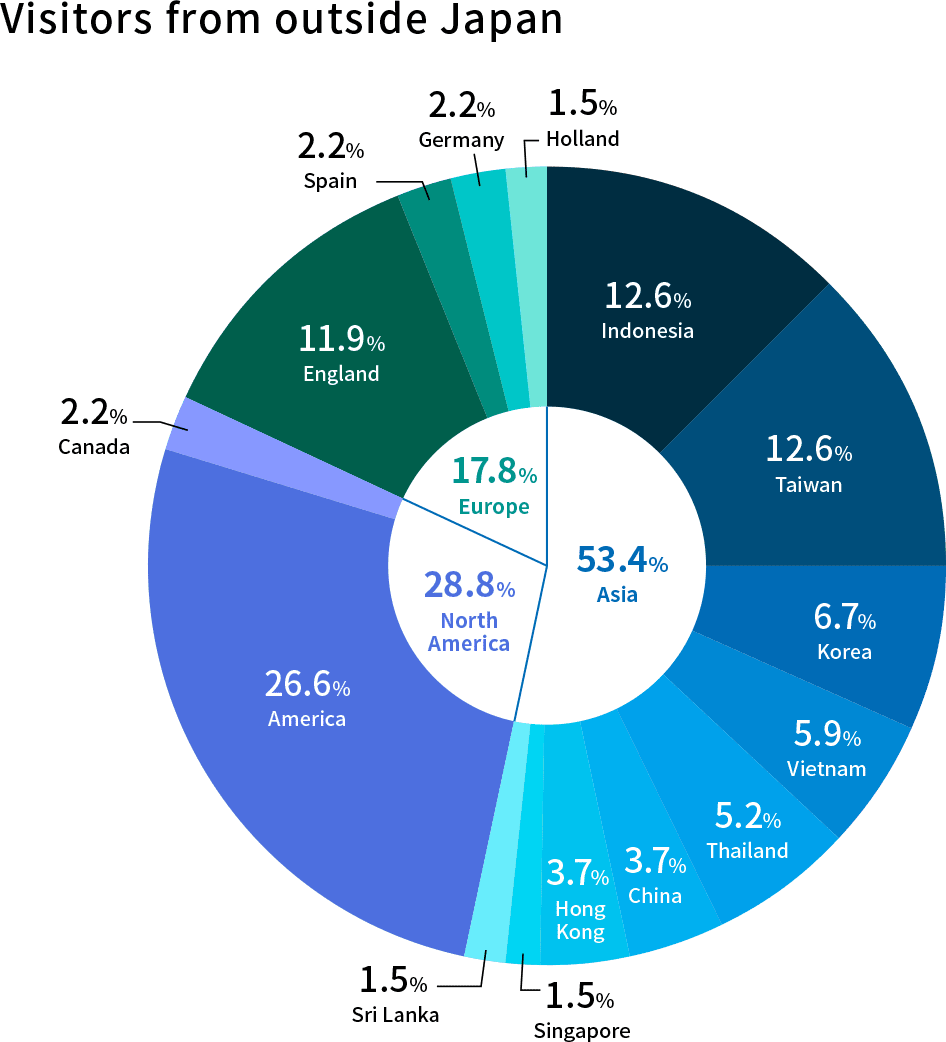
-
Reason for Participation (Multiple Answers)
Many people attend primarily to gather information about sustainable seafood, and the event is also a place for networking.
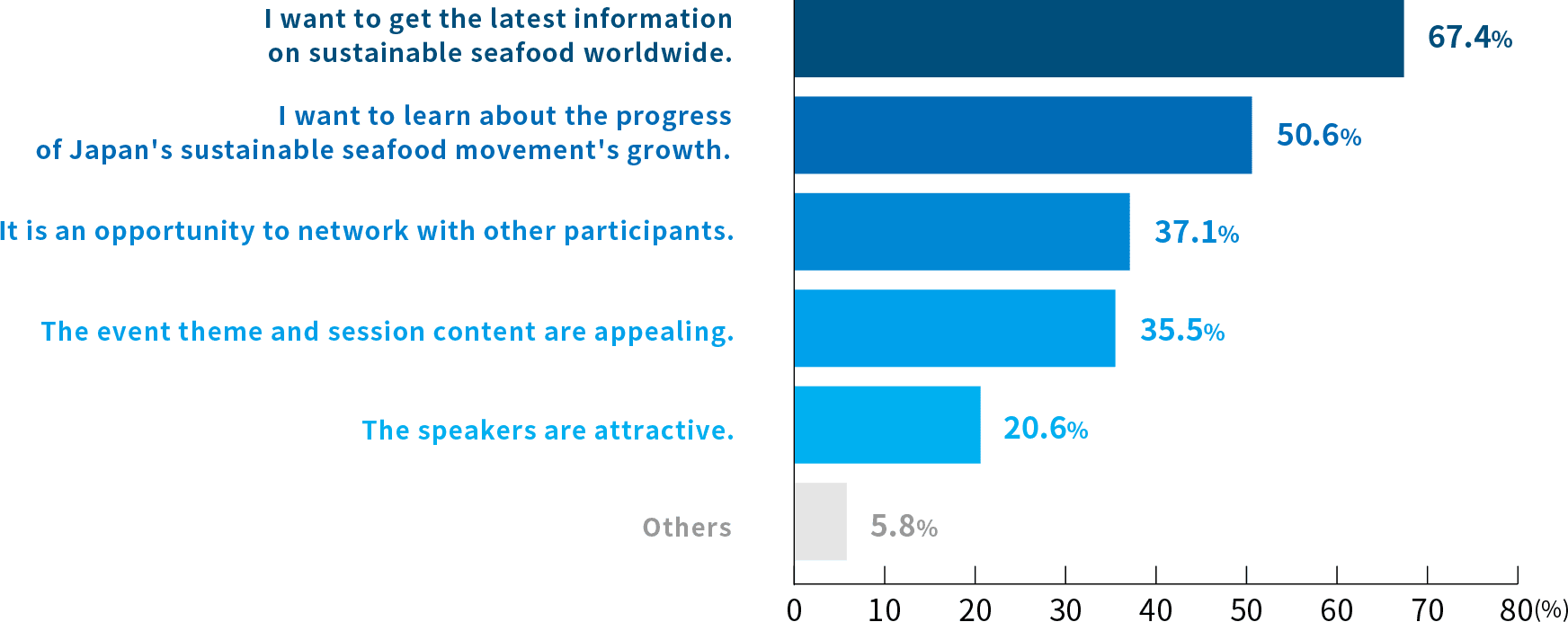
-
Questionnaire Results
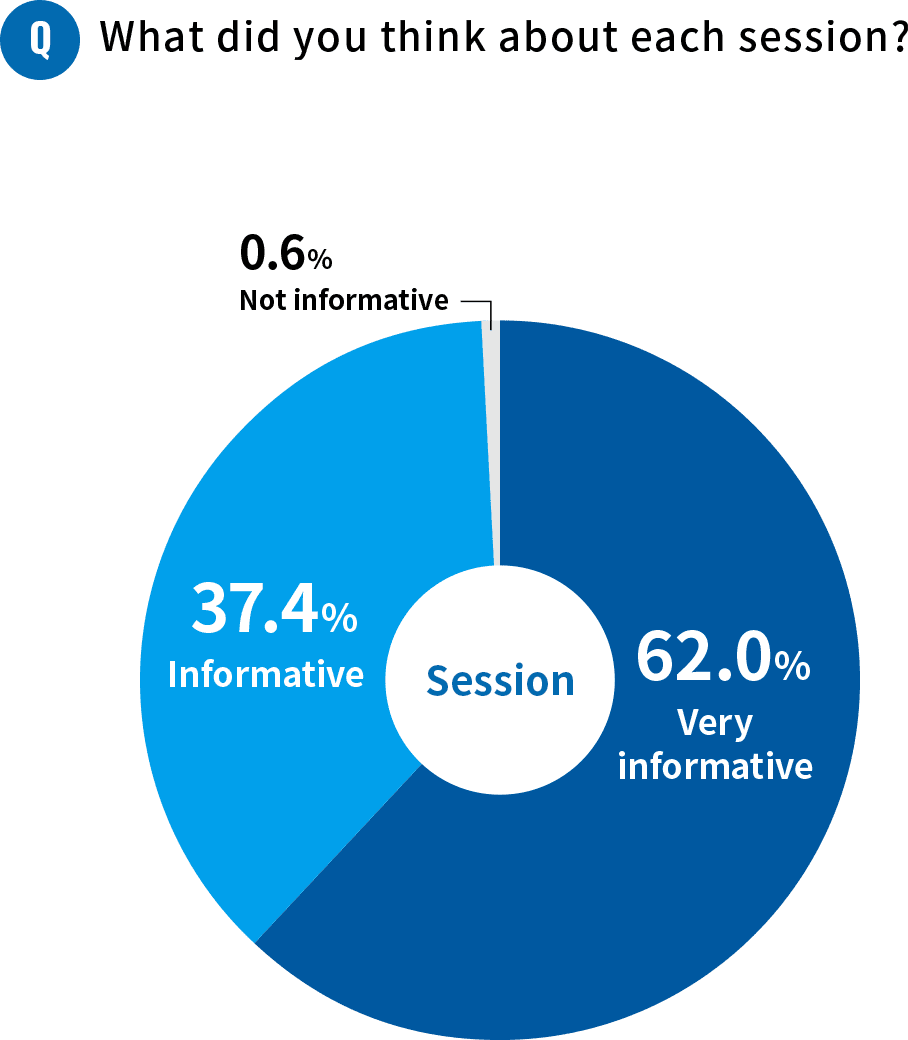
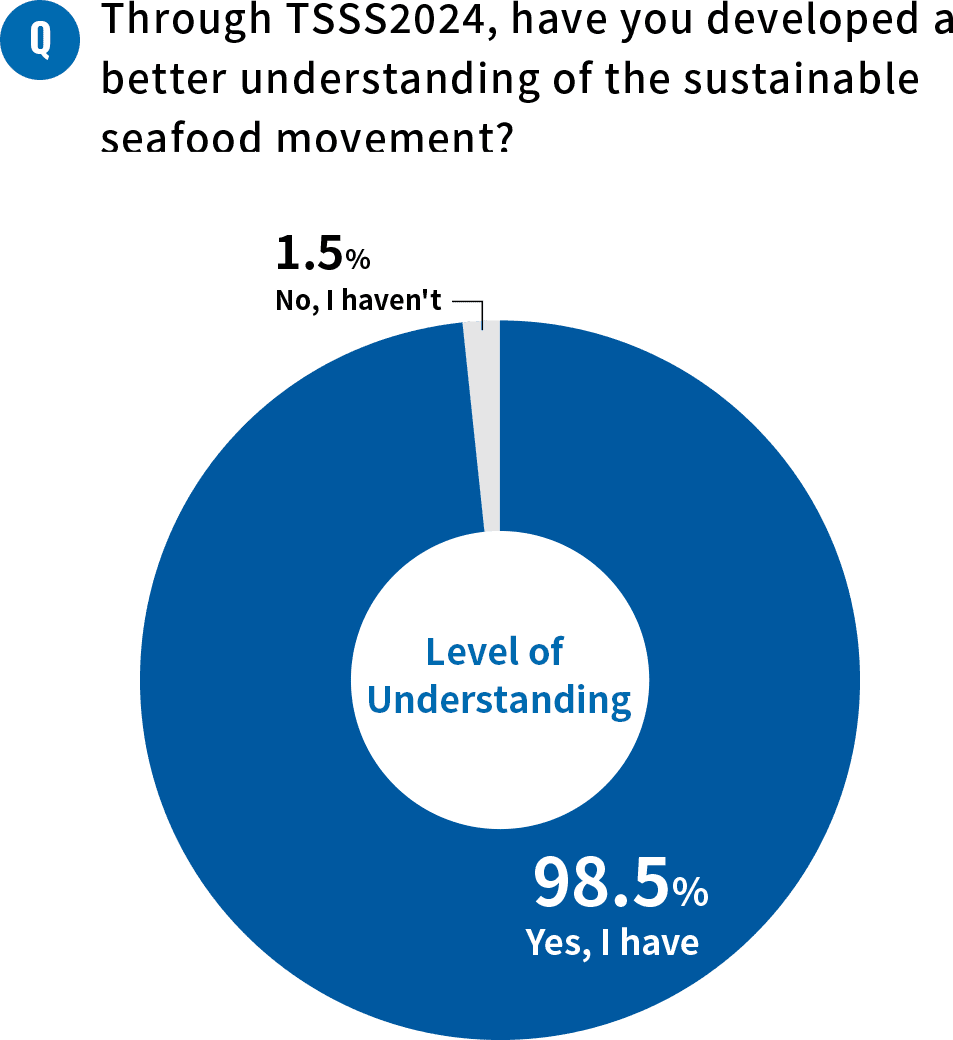
2030 GOAL
Win the Mainstream
Making Sustainable Seafood the Mainstream, Together
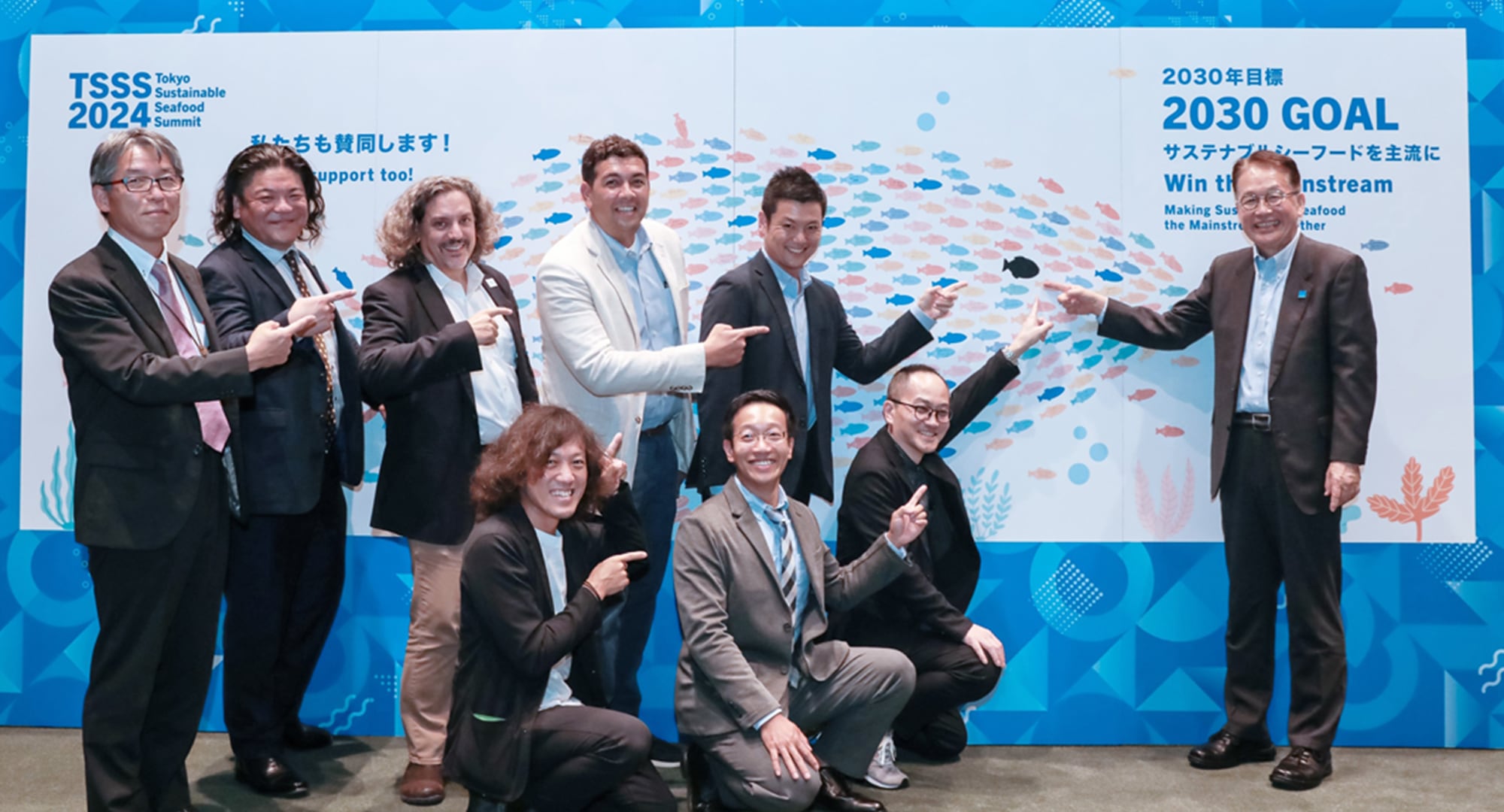
435 people signed for the 2030 GOAL.
Sustainability Initiatives
We implement sustainability initiatives for the Tokyo Sustainable Seafood Summit event.
-

Procurement
● Offering sustainability-conscious menus (especially sustainable seafood)
● Procuring materials with consideration for circular resource use -

Energy
● Selecting venues that are easily accessible by public transportation
● Encouraging participants to warm biz -

Waste
● Providing water servers (not serving beverages in plastic bottles)
● Reducing food loss (serving finger foods, ordering the appropriate amount of food, reminding participants) -

Respect for diversity
● Offering services in both Japanese and English (website, information, and full session interpretation)v
We are pleased to have participants from a variety of industries involved in the fisheries industry!
-
government
-
NGO・NPO
-
producer
-
food service
-
wholesale
-
retailer
-
seafood supply chain
-
marketing
-
IT
-
CSR・ESG
